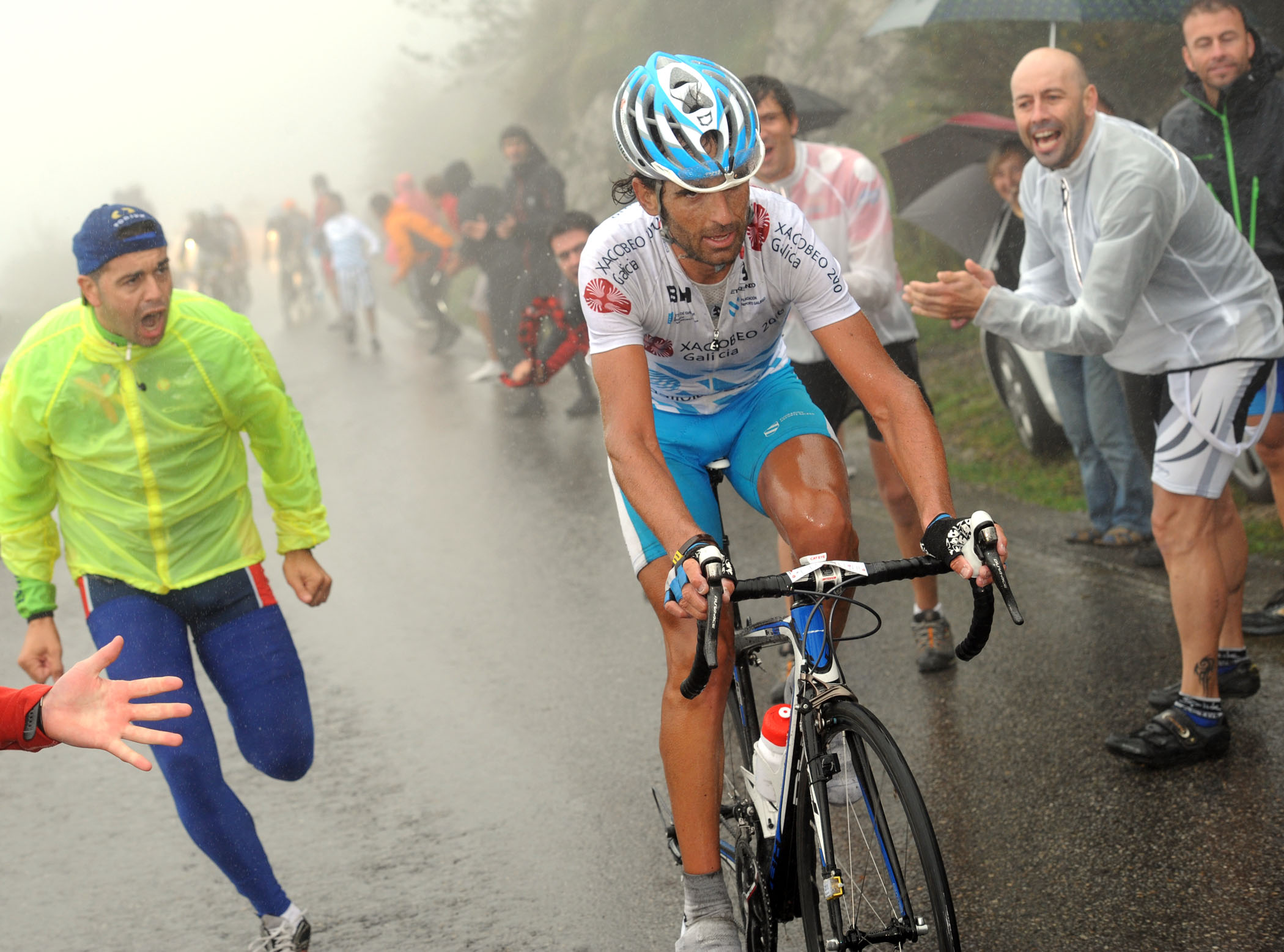Two-year ban requested for Mosquera positive

The latest race content, interviews, features, reviews and expert buying guides, direct to your inbox!
You are now subscribed
Your newsletter sign-up was successful
More than a year after he tested positive for a possible masking agent, hydroexthyl starch, 2010 Vuelta a Espana runner-up Ezequiel Mosquera's case is nearing completion.
According to Spanish newspaper El Faro de Vigo, the lawyer overseeing the case has formally requested a two year ban from the Spanish Cycling Federation's disciplinary committee.
At first glance, the hard line being taken on Mosquera's case contrasts sharply with that of Alexandr Kolobnev by the Russian Federation, also positive for a masking agent - in Kolobnev's case during this summer's Tour de France. Kolobnev is strongly rumoured to have been let off with a warning, although this has yet to be formally confirmed.
However, although Mosquera could technically receive the maximum sentence possible, a two-year ban is only a recommendation, not a definitive sentence.
In the case of Alberto Contador's positive for clenbuterol, for example, a year's ban was proposed, but the Federation's disciplinary committee ignored it and Contador has been racing all season. Mosquera, on the other hand, has not taken part in any races even though technically there is nothing stopping him.
The other most recent case of a positive for hydroexthyl starch - that of former Tour de France Best Young Rider Oscar Sevilla this September - also suggests that a two-year ban is extremely unlikely. Sevilla, like Mosquera a former Vuelta runner-up and currently racing for a small Colombian team, was banned for six months.
One of the longest-running currently unresolved doping cases, Mosquera tested positive alongside his former Xacobeo-Galicia team-mate David García Dapeña for hydroxethyl starch in last year's Vuelta.
The latest race content, interviews, features, reviews and expert buying guides, direct to your inbox!
García Dapeña also tested positive for EPO, which he subsequently recognised he had used, although he insisted his was an isolated case which had nothing to do with Mosquera. García Dapeña has since retired.
According to WADA rules, hydroxethyl starch is a ‘specified substance', given that it can be used as a masking agent to hide use of EPO and other substances, but it is only banned if injected intravenously.
Meanwhile it has been revealed that the 2011 Vuelta a Espana has had no positive doping cases.
Related links
Kolobnev avoids suspension for Tour de France doping positive
September 2010: Mosquera and Garcia test positive at Vuelta
Founded in 1891, Cycling Weekly and its team of expert journalists brings cyclists in-depth reviews, extensive coverage of both professional and domestic racing, as well as fitness advice and 'brew a cuppa and put your feet up' features. Cycling Weekly serves its audience across a range of platforms, from good old-fashioned print to online journalism, and video.